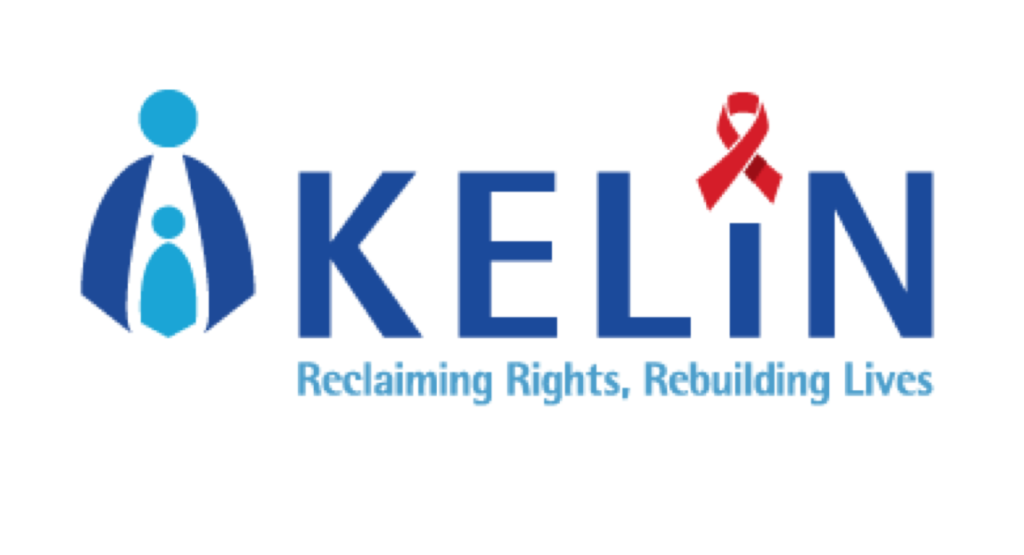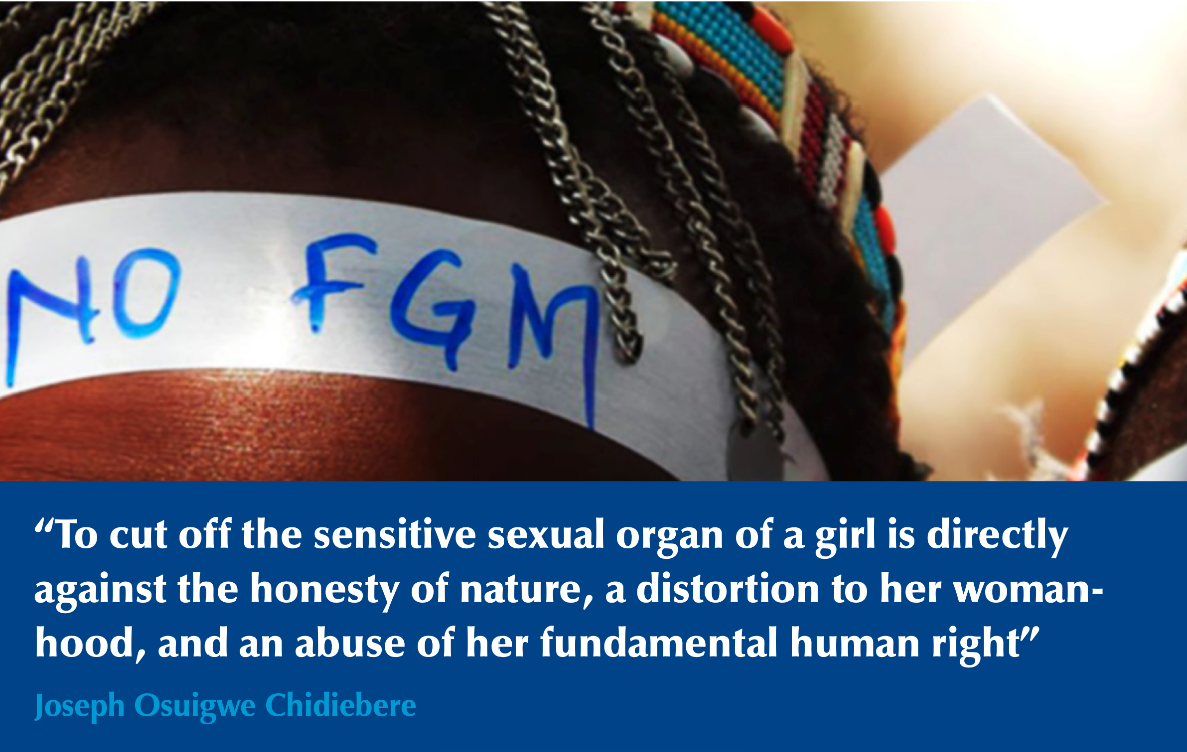- UN Secretary-General Ban Ki-Moon to receive memorandum of demands in Durban
- UN High Level Panel provides unique opportunity for governments to make historic changes in healthcare.
Durban, 17 July 2016: On the eve of the 21st International AIDS Conference, civil society organisations from across the world call on world leaders to take decisive steps to ensure that the nightmare of people not being able to afford AIDS medicines will not be repeated for people with other diseases, including HIV co-infections. We make this call in Durban, South Africa, where on the morning of 18 July we will hand a memorandum of demands to United Nations Secretary-General Ban Ki-Moon.
The 2000 International AIDS Conference in Durban was a turning point in the struggle to access AIDS medicines. Since that conference, we have had unprecedented success in ensuring more people have access to affordable AIDS medicines.
However, 16 years after the 2000 Conference, many people with diseases such as cancer, hepatitis C, and drug-resistant tuberculosis cannot afford life-saving medicines thanks to the intellectual property monopolies held by multinational pharmaceutical companies. Instead of learning from the struggle for AIDS medicines, where generic competition lowered the price of antiretrovirals by over 99 per cent, we are allowing the same morally abhorrent history to be repeated. People with certain forms of cancer, with hepatitis C, with drug-resistant TB, and their families and friends are daily facing avoidable suffering and loss because life-saving medicines are grossly overpriced. This is an access to medicines crisis facing rich and poor countries alike.
World leaders have a moral and legal obligation to ensure that everyone can access the medicines they need without incurring catastrophic out-of-pocket costs. World leaders also have a duty to consider alternative ways to finance R&D for the development of new medicines. Simply accepting the status quo monopoly rights of biopharmaceutical companies means denying people the right to health and in many cases the right to life.
The United Nations Secretary-General’s High Level Panel (HLP) on Access to Medicines provides a unique opportunity for governments to make historic changes in healthcare. The HLP has evidence from 181 submissions and “big” public hearings focused on “remedying the policy incoherence between the justifiable rights of inventors, international human rights law, trade rules and public health in the context of health technologies”. Its final report is expected to be made public soon.
The HLP will make a set of recommendations that will be tabled at the UN General Assembly in September. We expect bold recommendations from the panel on “a new intellectual property regime for pharmaceutical products that is consistent with international human rights law and public health requirements, and simultaneously safeguards the justifiable rights of inventors.
More specifically, we hope that the HLP makes strong recommendations promoting,
(a) the transparency of industry spending on medical R&D,
(b) a binding R&D agreement to increase public investment in R&D for all public health needs,
(c) countries to adopt, protect, and fully utilise the TRIPS flexibilities,
(d) the delinking of investment in medical R&D from the price of medicines, and
(e) a widespread and presumptive use of compulsory licensing and potentially even an end to the patenting of medical products.
Ultimately governments have the power, authority, and obligation to change the way to finance medical R&D. Governments must use this power to serve the public interest.
We make the following appeals and demands:
- We appeal to UN Secretary-General Ban Ki-Moon and all members of the HLP to stand firm and to place the right of affordable access to healthcare ahead of the private, monopoly-based interests of pharmaceutical companies and their shareholders. The HLP has a unique opportunity to change the lives of millions. It has a moral duty to act in the best interest of all of humanity – and not just an elite few.
- We appeal to UN Secretary-General Ban Ki-Moon to release the HLP’s report as soon as possible. If the report is not released publicly, there is a risk that rich, pro-intellectual property countries will try to dilute its recommendations behind closed doors – should the recommendations be as far-reaching as we believe they should be.
- We urge all national governments to engage seriously with the report and recommendations of the HLP and to agree to steps to remedy the incoherence between human rights and IP protection at the UN General Assembly in September.
- We make a moral appeal to the United States government and other wealthy governments to refrain from blocking the implementation of R&D reforms that will help meet health needs in poorer countries and from pressuring the governments of poorer countries to act against the health interests of their people as it has done in the past, most recently in India and Colombia.
Signed by the following organisations:
Alianza LAC- Global por el Acceso a Medicamentos
Canadian HIV/AIDS Legal Network
HealthGAP
International Human Rights Clinic, University of Chicago Law School
Kelin
Knowledge Ecology International
Misión Salud (Colombia)
Positive Malaysian Treatment Access & Advocacy Group
SECTION27
Treatment Action Campaign
Treatment Action Group
Young Professionals Chronic Disease Network
For more information and to arrange interviews contact:
Lotti Rutter | 081 818 8493
lotti.rutter@tac.org.za


